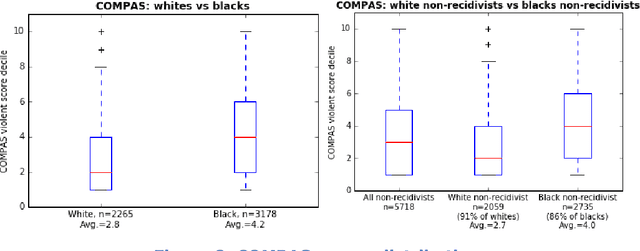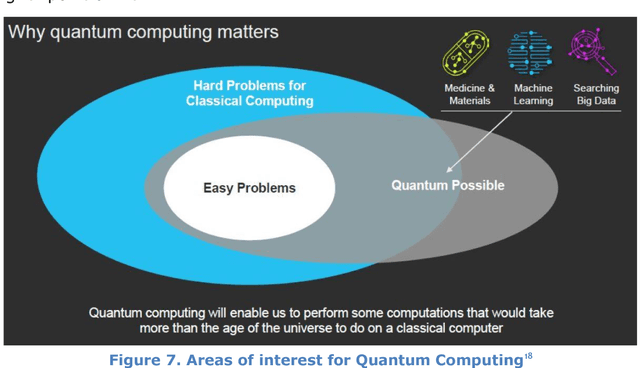Antonio Puertas Gallardo
Conformal Risk Control for Pulmonary Nodule Detection
Dec 28, 2024



Abstract:Quantitative tools are increasingly appealing for decision support in healthcare, driven by the growing capabilities of advanced AI systems. However, understanding the predictive uncertainties surrounding a tool's output is crucial for decision-makers to ensure reliable and transparent decisions. In this paper, we present a case study on pulmonary nodule detection for lung cancer screening, enhancing an advanced detection model with an uncertainty quantification technique called conformal risk control (CRC). We demonstrate that prediction sets with conformal guarantees are attractive measures of predictive uncertainty in the safety-critical healthcare domain, allowing end-users to achieve arbitrary validity by trading off false positives and providing formal statistical guarantees on model performance. Among ground-truth nodules annotated by at least three radiologists, our model achieves a sensitivity that is competitive with that generally achieved by individual radiologists, with a slight increase in false positives. Furthermore, we illustrate the risks of using off-the-shelve prediction models when faced with ontological uncertainty, such as when radiologists disagree on what constitutes the ground truth on pulmonary nodules.
Epidemic Information Extraction for Event-Based Surveillance using Large Language Models
Aug 26, 2024Abstract:This paper presents a novel approach to epidemic surveillance, leveraging the power of Artificial Intelligence and Large Language Models (LLMs) for effective interpretation of unstructured big data sources, like the popular ProMED and WHO Disease Outbreak News. We explore several LLMs, evaluating their capabilities in extracting valuable epidemic information. We further enhance the capabilities of the LLMs using in-context learning, and test the performance of an ensemble model incorporating multiple open-source LLMs. The findings indicate that LLMs can significantly enhance the accuracy and timeliness of epidemic modelling and forecasting, offering a promising tool for managing future pandemic events.
* 11 pages, 4 figures, Ninth International Congress on Information and Communication Technology (ICICT 2024)
Assessing the impact of machine intelligence on human behaviour: an interdisciplinary endeavour
Jun 07, 2018


Abstract:This document contains the outcome of the first Human behaviour and machine intelligence (HUMAINT) workshop that took place 5-6 March 2018 in Barcelona, Spain. The workshop was organized in the context of a new research programme at the Centre for Advanced Studies, Joint Research Centre of the European Commission, which focuses on studying the potential impact of artificial intelligence on human behaviour. The workshop gathered an interdisciplinary group of experts to establish the state of the art research in the field and a list of future research challenges to be addressed on the topic of human and machine intelligence, algorithm's potential impact on human cognitive capabilities and decision making, and evaluation and regulation needs. The document is made of short position statements and identification of challenges provided by each expert, and incorporates the result of the discussions carried out during the workshop. In the conclusion section, we provide a list of emerging research topics and strategies to be addressed in the near future.
 Add to Chrome
Add to Chrome Add to Firefox
Add to Firefox Add to Edge
Add to Edge